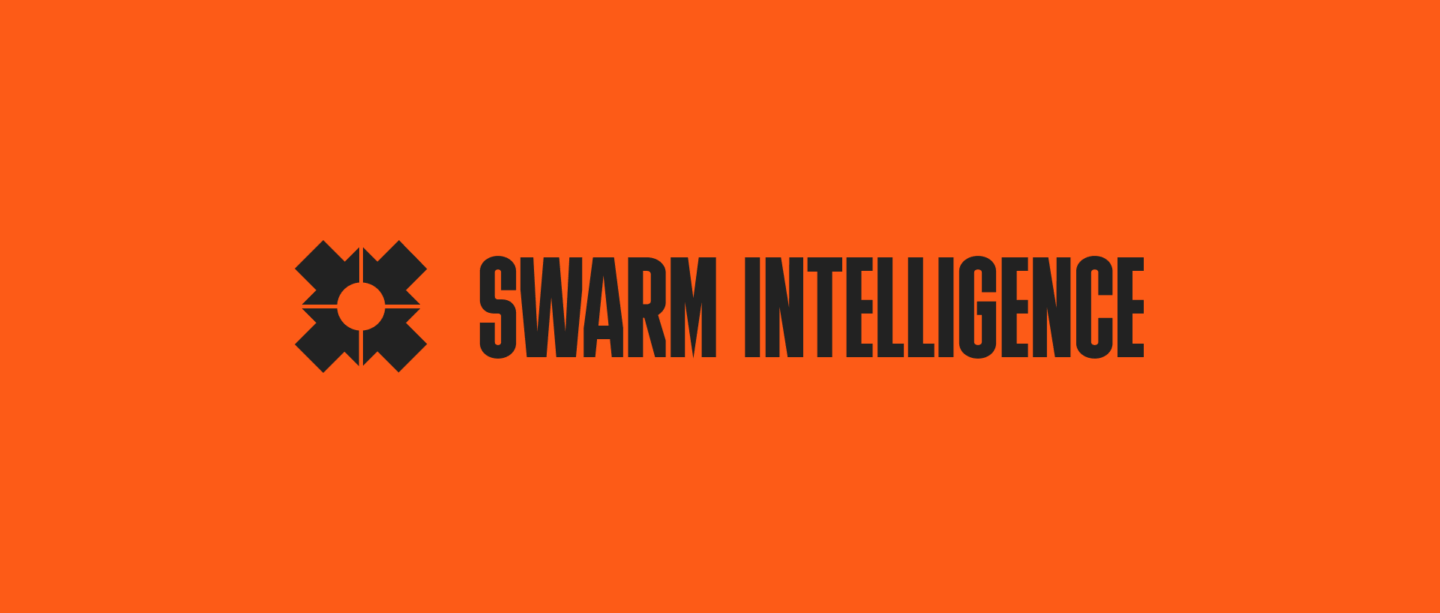Threat overview
Discovered by Akamai Security Intelligence researcher Yuval Gordon, BadSuccessor allows any user with write permission on a dMSA object or even just the ability to create one to trick the Key Distribution Center (KDC) into granting them the full privileges of any Active Directory account. The attack can compromise any Active Directory domain with at least one Windows Server 2025 DC, even if dMSAs are actively used.
Attack mechanics and our response
The vulnerability exploits the trust relationship between dMSAs and their superseded accounts. Here’s how the attack unfolds:
- An attacker with CreateChild or write permissions on an OU takes over or creates a dMSA
- They link the dMSA to a target privileged account using msDS-ManagedAccountPrecededByLink
- By forcing msDS-DelegatedMSAState=2 (“migration complete”), they deceive the KDC
- Tools like Rubeus request a TGT for the dMSA, yielding a ticket carrying all group memberships and credentials of the superseded account
In addition, the KDC’s KERB-DMSA-KEY-PACKAGE contains both current and previous keys, enabling extraction of encrypted passwords for the superseded account via its “previous-keys” field.
At CovertSwarm, we’ve already developed an internal proof-of-concept exploit to validate customer resilience against this threat. Our clients benefit from early protection while we withhold public release to prevent adversaries from weaponizing the attack. This approach exemplifies our constant attack methodology: identifying vulnerabilities before malicious actors can exploit them.
Get in touch to learn more about our proof-of-concept exploit.
Defense strategies
Until Microsoft releases its promised patch, organizations must implement strict defensive measures:
Immediate actions:
- Restrict dMSA management by limiting CreateChild and Write permissions to a small, trusted admin group
- Remove non-essential ACL entries on dMSA containers and related OUs
- Enable SACL logging for msDS-ManagedServiceAccount object creation (Event ID 5136)
- Monitor for modifications to msDS-ManagedAccountPrecededByLink and msDS-DelegatedMSAState
- Watch for Event ID 2946 in the Directory Service log indicating use of KERB-DMSA-KEY-PACKAGE
Detection resources: Akamai has published official detection code at https://github.com/akamai/BadSuccessor. As always, review any external code before execution in your environment.
CovertSwarm has developed an internal proof-of-concept exploit to validate customer resilience. We are withholding public release to prevent adversaries from weaponising the attack; sharing it privately ensures we can test client defenses while minimizing risk.
More information will be published in the coming days.

